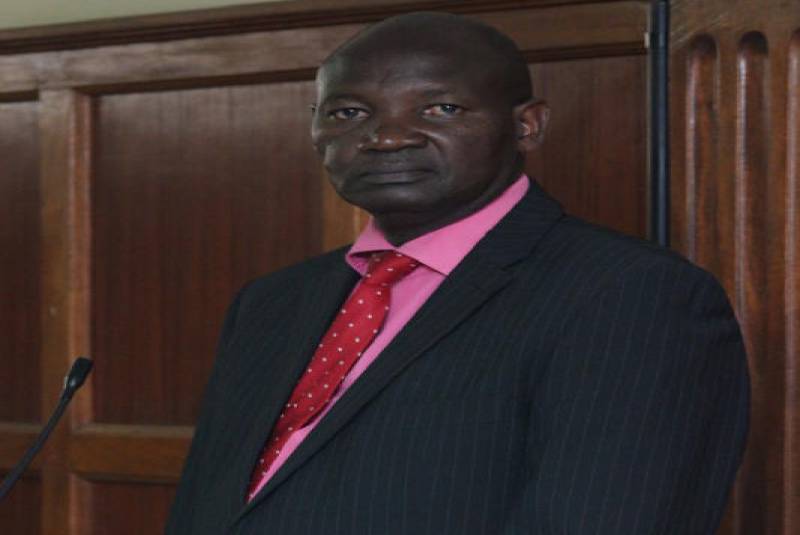×
The Standard e-Paper
Join Thousands Daily

Linus Ndegwa in the witness dock at a Milimani court. He was a witness in the ongoing KPLC graft case. [Photo: George Njunge / Standard]
A key prosecution witness in a corruption case facing former and current Kenya Power (KP) managers has confessed he was directed to undertake selective investigations.